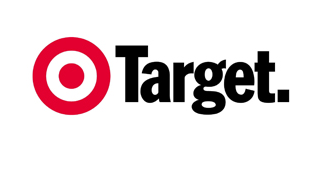Data breaches like Uber’s might finally give communicators seat at the table
Data breaches were once solely a problem for the IT department, but as reputation increasingly becomes a make or break factor for brands, Text100 APAC’s Karen Wells argues it’s time to give comms professionals a seat at the table.
The introduction of mandatory reporting of data breaches under the government’s Notifiable Data Breaches has been discussed at length in IT circles over the last few months. Many of our IT security clients have been discussing how businesses can both prepare for the legislation, and respond in the event of a notifiable data breach.
What’s surprising, however, is the lack of discussion amongst PR leaders. This legislation presents a unique opportunity for communications leaders to step up and show leadership within their organisations, and demonstrate the true business value of a strategic approach to crisis communications.
The true impact of a notifiable data breach will be less about fines levied (although they could be up to $1.8 million), and much more about the damage to reputation and trust. In the US this has already played out for several companies like Chipotle and Target, whose high-profile data breaches directly impacted share prices as a result.


